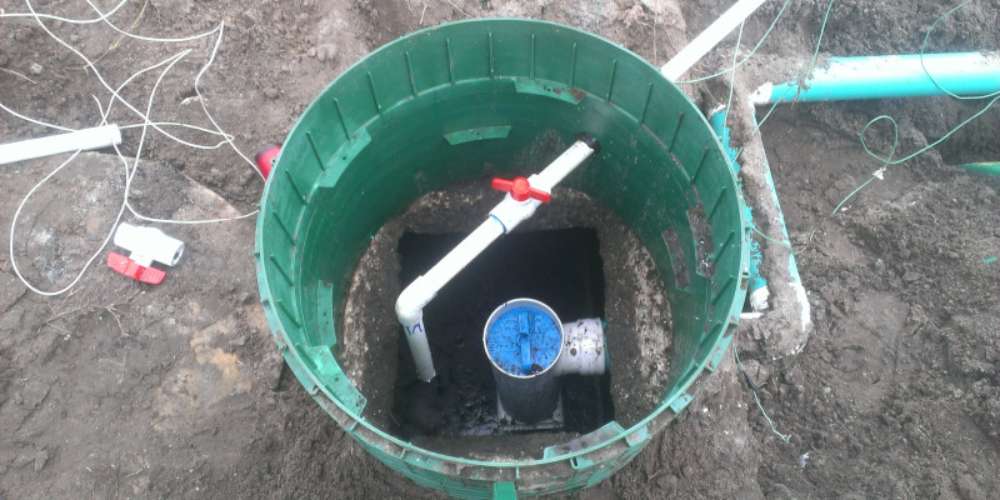Given the essential role that septic systems play in managing wastewater for many households, understanding the importance of septic pumping services is crucial. These systems effectively ensure that wastewater is treated and safely returned to the environment. Regular maintenance not only guarantees the longevity of these systems but also prevents potential environmental hazards that can arise from neglect. The science governing septic systems is straightforward yet essential and represents a core aspect of property management, particularly for homes without access to a centralized sewer infrastructure.
In essence, septic systems function as efficient decentralized wastewater treatment solutions when properly maintained. They serve millions of residences worldwide, especially in rural locations where public sewer connections are unavailable.By avoiding neglect, homeowners can prevent significant and costly issues caused by septic system repair. Thus, fostering an understanding of septic system operations and recognizing the signals indicating when pumping is necessary can save homeowners considerable inconvenience and expense over time.
Understanding Septic Systems
Septic systems are crucial components of many residential properties. Functioning as underground wastewater treatment structures, they are typically used in areas where centralized sewer systems are impractical. They employ technological systems alongside natural processes to filter and treat wastewater from household sources such as bathrooms, kitchen sinks, and laundry functions.This includes managing influent water and minimizing environmental contamination. Homeowners with septic systems shoulder the responsibility of ensuring the continuous functionality of these systems through regular maintenance.
How Septic Systems Work
The operation of septic systems relies on a simple yet effective mechanism utilizing a septic tank and a drain field. The tank acts as a settling basin, where it separates floatable matter, such as oils and greases, as well as solids, from the wastewater. The tank’s design allows solid waste to settle at the bottom, forming sludge, while oils and grease float to the top as scum. One of the critical components of this process is the role of anaerobic bacteria in septic tanks, which serve to digest and break down the organic material. This ensures that only treated liquid waste, or effluent, proceeds to the drain field, where it undergoes further filtration through the soil to protect groundwater and the environment.
The Science Behind Septic Pumping
The necessity of septic pumping arises from the accumulation of sludge and scum in the tank over time. Without regular pumping, these layers build up and reduce the tank’s effective capacity, leading to potential overflow situations. Such overflow can cause sewage to back up into the household or leak into the surrounding environment, creating sanitary dangers and disrupting the natural ecosystem. Regular pumping is essential to preventing these outcomes, as it ensures the septic system runs efficiently and aligns with health standards outlined by environmental agencies.
Benefits of Regular Septic Pumping
There are numerous benefits associated with maintaining a regular septic pumping schedule. Firstly, it significantly reduces the risk of system overflows and backups, avoiding unpleasant odors and potential health hazards. It also helps prevent the contamination of local groundwater resources.
Furthermore, by adhering to a consistent pumping schedule, homeowners can avoid expensive emergency repairs or even the complete failure of the system. Financially, though the upfront cost of regular maintenance might seem high, it is far more economical than addressing a catastrophic system failure, resulting in substantial savings in the long term.
Signs Your Septic System Needs Pumping
Recognizing when a septic system requires pumping is vital for preventing system malfunctions. Common signs include slow drainage in household fixtures, unusual gurgling sounds emanating from plumbing, unpleasant sewage odors in the property vicinity, and patches of overly lush green grass over the drain field.
These indicators suggest the buildup of sludge beyond optimal levels. Homeowners should perform regular checks or engage professionals to conduct routine inspections to ensure their systems remain in tip-top condition. Early identification of these signs can help take swift action before the situation escalates into a more severe issue.
Sustainable Practices for Septic Maintenance
Practicing sustainability in conjunction with septic system maintenance brings dual benefits of preserving the environment and enhancing system efficiency. Homeowners can contribute positively by reducing household water usage—implementing changes such as shorter showers, fixing leaks promptly, and distributing laundry loads evenly throughout the week.
Additionally, avoiding the disposal of non-biodegradable items and limiting the use of harsh chemical cleaners can help maintain the bacterial balance within the septic system necessary for its operation. These sustainable habits are simple yet effective strategies to safeguard and prolong the life of a septic system.
Expert Tips on Septic Care
Seeking expert advice plays a critical role in septic system maintenance. Scheduling regular inspections and engaging professionals to assess the system’s health can avert potential issues. Understanding how home water usage impacts septic health is crucial. Professionals often suggest specific pumping frequencies, commonly every 3 to 5 years, tailored to the household size and water usage patterns. These recommendations are invaluable in creating a maintenance plan that supports optimal system performance and avoids unnecessary expenses.
Conclusion
In summary, regular septic system maintenance is imperative for both residential well-being and environmental protection. Maintaining a regular pumping schedule ensures the efficient operation of the system while preventing costly repairs or replacements. Encouraging homeowners to adopt sustainable practices complements scheduled maintenance, resulting in positive environmental outcomes and cost savings. By understanding the science behind septic systems and implementing proactive care, homeowners can preserve their property’s value and contribute to a healthier ecosystem.

